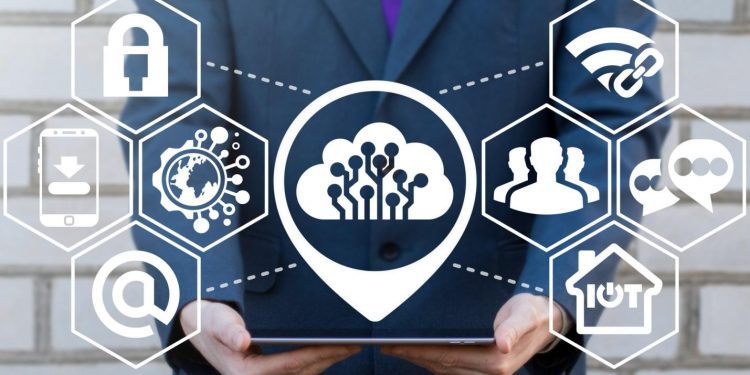No matter what industry you operate in, data is your lifeblood. However, it can sometimes feel like there is too much of a good thing. The amount of information required to run a business is spiraling.
As even the most routine processes become digitized, we’re all laboring under vast mountains of data. In order to make the most of this, it is essential that businesses have systems in place to manage data.
This is where a relational database management system (RDBMS) can come in handy. Read on to find out everything you need to know about these essential information tools.
What Is a Relational Database Management System?
The concept of RDBMS is that of a single database that connects all of your other databases. So, how is data organized in RDBMS? An RDBMS stores all of your datasets in tables so that they can easily be used and compared in relation to all of your other datasets.
They are ideally designed to work across multiple platforms, devices, and interfaces, which is one of the key advantages of relational database systems.
Today, the vast majority of databases used across all industries would be described as relational. In fact, most IT systems in the world today are based on RDBMS.
Where Can I Get One?
Most RBDMS products are commercial and must be purchased through a licensing framework.
There are many different brand options to choose from, some of which are better than others. For the majority of businesses, this Microsoft SQL server software will more than meet your everyday data management needs for RDBMS in SQL.
Make sure to choose a package that meets your organization’s needs and software requirements.
Factors to Consider
When choosing a relational database, there are several key factors to keep in mind. These are:
Setup Requirements
It is essential that your chosen DBMS can be easily integrated into your existing IT infrastructure. You will also need to ensure that any system you choose can be seamlessly integrated with all of the various platforms to allow a genuinely uninterrupted workflow.
Security
Virtually all RDBMS products today will offer routine security functions such as encryption and managed access rights. Make sure that the default security options are suitable for your company’s own requirements and guidelines.
Relevant Data Model
If you tend to use unstructured data, then a standard RDBMS might not be right for you. Instead, consider a non-relational model.
Accuracy and Reliability
In all lines of business, accuracy matters. However, the stakes will be higher in some contexts, such as with financial or public-sector data. In these cases, your RDBMS should have more stringent and verifiable accuracy processes.
Level Up Your Business
A relational database management system is now an essential piece of infrastructure for most modern operations to thrive. By making the right choice today, you can ensure more scalable operations well into the future.
Want more essential insights on how to level up your business? We have got you covered. Our expert business pages have actionable tips you can use to take your operations to the next level.






